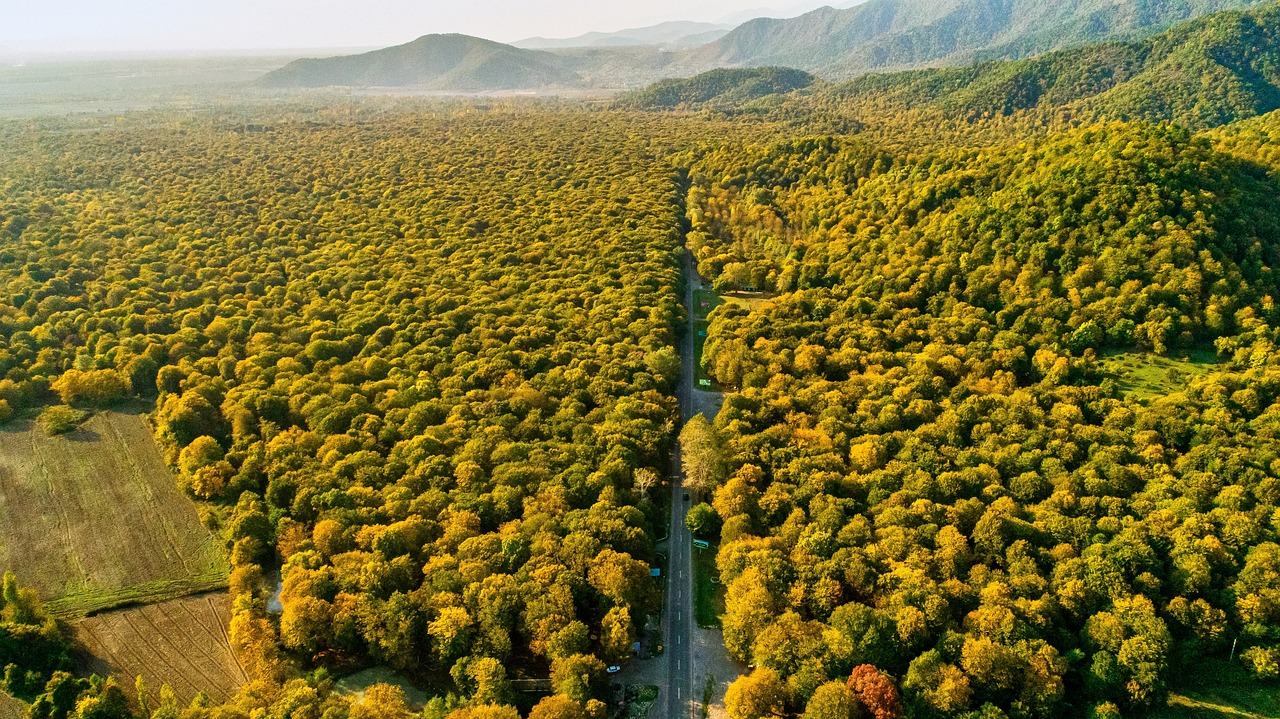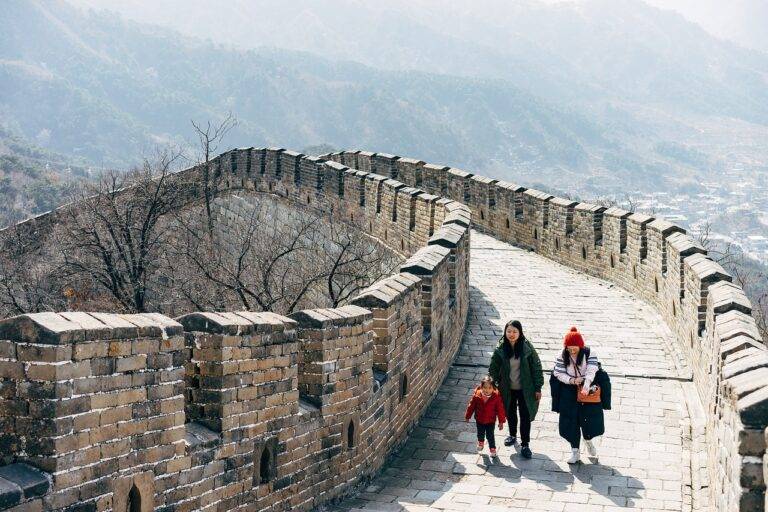War and Conflict Tourism: Understanding the Impact of History on Travel
Conflict zones have etched their marks on the fabric of human history for centuries, with each one bearing its own unique story of turmoil and suffering. From the trenches of World War I to the devastated cities of World War II, the remnants of past conflicts serve as solemn reminders of the horrors of war. These zones, once battlegrounds where soldiers fought and civilians fled, now stand as poignant memorials to lives lost and communities shattered.
The historical background of conflict zones is a somber narrative of power struggles, political ambitions, and deep-rooted animosities that have sparked violent confrontations throughout time. From the ruins of ancient civilizations to the modern battlefields scarred by recent wars, these zones symbolize the human capacity for both destruction and resilience. Understanding the historical context of conflict zones is crucial in unraveling the complexities of past wars and their enduring impact on societies and individuals.
The Rise of War Tourism
War tourism, a phenomenon that has gained traction in recent years, involves individuals visiting sites of past conflicts for varying reasons. From World War II sites in Europe to former battlegrounds in Vietnam and Cambodia, war tourism has become a niche form of travel that appeals to those interested in history, military tactics, and the human experience during times of war. The interest in such sites has sparked the development of specialized tours, museums, and educational programs geared towards providing a deeper understanding of the historical events that took place.
While some may view war tourism as a means of paying respect to those who fought and perished in conflicts, others criticize it for commodifying tragedy and turning sites of great human suffering into tourist attractions. The ethical implications of visiting these locations are complex, as individuals grapple with questions of appropriate behavior, motivations for their visit, and the impact of their presence on local communities still dealing with the repercussions of war. As the popularity of war tourism continues to grow, it is imperative to consider the delicate balance between honoring the past and exploiting it for personal curiosity or gain.
• War tourism involves individuals visiting sites of past conflicts for various reasons
• Specialized tours, museums, and educational programs have been developed to cater to this niche form of travel
• Some view war tourism as a way to pay respect to those who fought in conflicts
• Others criticize it for commodifying tragedy and turning sites of suffering into tourist attractions
• Ethical implications include questions about appropriate behavior, motivations for visiting, and impact on local communities
• The delicate balance between honoring the past and exploiting it for personal curiosity or gain should be considered as the popularity of war tourism grows.
Ethical Considerations of Visiting Sites of Conflict
When visiting sites of conflict, it is crucial to approach with sensitivity and respect. Tourists must remember that these locations are not merely attractions, but places marked by tragedy and loss. It is important to honor the memory of those who suffered and lost their lives in these areas by showing reverence and empathy.
Furthermore, visitors should educate themselves about the historical context of the conflict before visiting these sites. Understanding the complexities and nuances of the conflict can provide a more meaningful and respectful experience. By gaining insights into the reasons behind the conflict and its impact on the local population, tourists can engage with these locations thoughtfully and ethically.
What is war tourism?
War tourism, also known as dark tourism or thanatourism, involves visiting sites of past conflicts, disasters, or tragedies for educational or entertainment purposes.
Why do people visit sites of conflict?
People may visit sites of conflict to learn about history, pay their respects to those who were affected, or simply out of curiosity.
Are there ethical concerns associated with visiting sites of conflict?
Yes, there are ethical considerations to keep in mind when visiting sites of conflict, such as respecting the memory of those who suffered, being mindful of local customs and sensitivities, and not glorifying or trivializing the events that took place.
How can visitors ensure they are being respectful when visiting sites of conflict?
Visitors can ensure they are being respectful by following any guidelines set by the site, avoiding any behavior that may be seen as disrespectful, and approaching the experience with empathy and understanding.
Is it appropriate to take photos at sites of conflict?
It is important to be mindful when taking photos at sites of conflict, as some places may have restrictions on photography out of respect for the people who suffered there. Always ask permission when in doubt.





